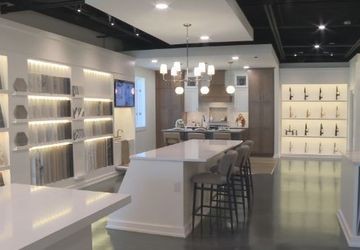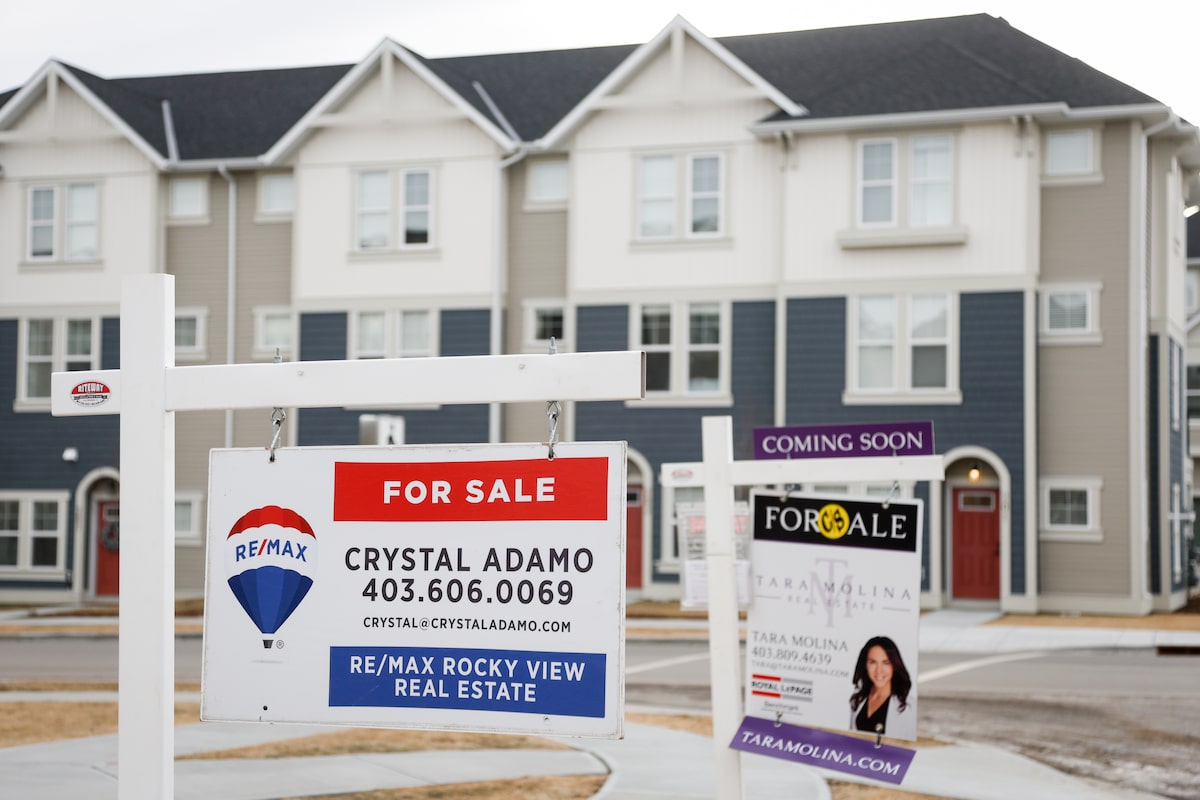A
s the stock market continues to fluctuate and tariffs remain a topic of discussion, many are left wondering how this will impact the real estate landscape. For those navigating the world of buying, selling, or renovating, one thing is clear: uncertainty reigns supreme.
Gregg Biche, President of Quality Design and Remodel, echoes this sentiment. "We're all waiting for answers," he admits. Based in Delmar with a new design center opening in Clifton Park, Biche's company uses US-made wood products – but even that can't shield them from potential future challenges.
The materials most likely to be affected by tariffs include lumber, steel, aluminum, and gypsum, according to the U.S. News and World Report. For sellers, real estate agent Rebecca Cavalieri notes that appliances sourced from China will still face tariffs, which may not significantly impact new construction. However, as prices rise in stores, buyers' purchasing power will likely decrease.
In February, home prices took a 4.9% hit – the first decline since September – according to the Greater Capital Association of Realtors. Despite this uncertainty, Cavalieri remains optimistic about the Capital Region's prospects. "Unless we're facing a full-blown recession," she says, "I think we'll stay strong." With many local buyers being families who've grown up in the area, Cavalieri believes the region will weather any economic storms that come its way.













